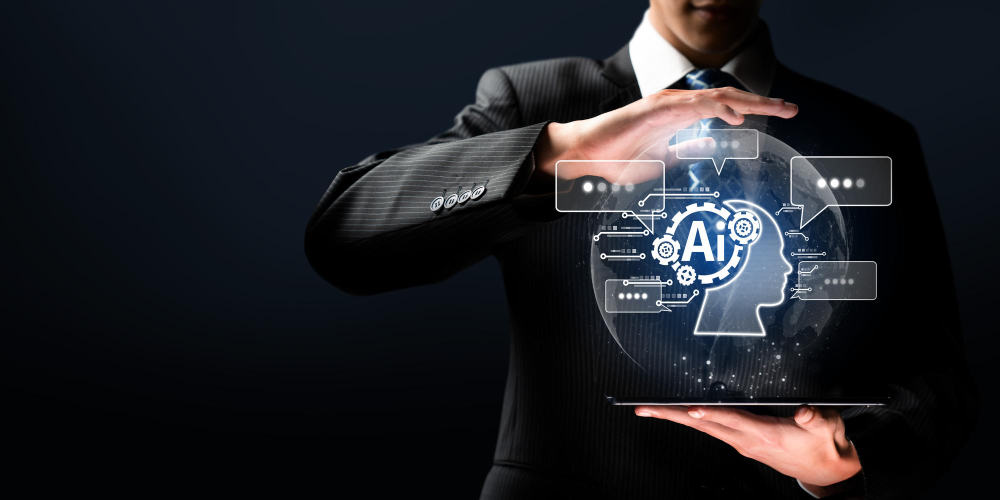Written by Matt Monette, Country Manager, Deel
The world of work is undergoing a seismic shift. So much so that the skills required by workers are expected to change by 70% by 2030, driven largely by technological innovations like artificial intelligence (AI). As businesses race to keep pace, HR teams are being put under increasing pressure to ensure the workforce has the right skills to take advantage.
Whilst it’s positive that UK business leaders are increasingly seeing AI’s potential to improve team performance, only 8% feel their organisations are leading in adoption, suggesting there is still room – and a need – for implementation to speed up further.
This pressure for faster adoption will only exert more pressure onto HR teams as they work to understand more platforms and tools, both in terms of how they use them, and how they roll them out to employees across the business.
But it’s about much more than rolling out platforms and tools. Business leaders are also looking to HR teams to make hires with a unique blend of technical skills, and those uniquely human skills needed to work alongside AI. This means that the role of the HR professional is evolving. We’re seeing HR teams take on a much more strategic advisory role when it comes to the impact AI is having on both our working practices and the types of skills a business needs.
This might sound all too familiar. So, how can HR professionals use AI to their advantage as their job descriptions begin to change?
Using AI to help source the skills the business needsÂ
HR teams are being lent on much more heavily by businesses to find the skills needed to help teams manage, roll out, and embrace AI tools as part of day-to-day operations. To find this talent quickly and in a competitive market, HR teams will need to first themselves embrace AI tools in order to speed up the recruitment process.
The good news is, there’s already a desire from many HR professionals to do this. In fact, access to the latest hiring technologies – including AI-powered tools – is the number one thing HR professionals say would make the process easier, with over two thirds saying AI makes it easier to find qualified candidates.
Comfort levels are high too. Recent Deel research found 86% of young HR practitioners (aged 25-34) believe AI will positively impact their roles by streamlining administrative tasks and freeing up time for more strategic work.
Spending too much time manually screening applications rather than focusing on what really matters, building genuine human connections and developing impactful learning and development programmes, might sound all too familiar. If that’s the case, it’s a great example of where AI can offer real value. By using AI to parse applications and support the early stages of the hiring process, HR teams gain the capacity to focus on the more meaningful parts of their role, nurturing relationships, engaging talent, and creating a stronger people-first culture. It also ensures greater confidence in hiring decisions, which is especially critical when recruiting for in-demand tech skills.
Strengthening talent through continuous L&D
HR teams are under increasing pressure to ensure that existing talent keeps up with the latest skills needed to work alongside AI. While AI literacy is important, there’s also a growing demand for human skills such as creative thinking, leadership, and emotional intelligence.
It’s vital that HR teams have the time to design and implement tailored learning pathways that balance both human and technical skill development. Generative AI can accelerate this by quickly creating personalised training plans and onboarding materials, enabling HR professionals to focus on engaging directly with employees, understanding their unique challenges, and providing the support they need.
Some employees might benefit more from external AI training, while others could gain more from shadowing a colleague with hands-on experience. By automating repetitive tasks, AI frees up HR to concentrate on strategic skills development, helping to build a more confident and capable workforce that’s ready to adapt to both AI and future technological innovations.
Investing in training programmes that focus on both technical and soft skills is key to fostering a culture of continuous learning. This ensures that employees are well-prepared to not only work with AI but also adapt to whatever new technological advances may come.
Looking ahead
As AI continues to reshape the world of work, HR professionals will play a pivotal role in guiding their organisations through this transformation. Embracing AI-driven tools, focusing on continuous upskilling, and maintaining a balance between automation and human insight in hiring will be key.
How quickly organisations adopt AI, or how much they invest in it, won’t be what decides who the biggest winners are. Instead, it will come down to who has the best blend of skills to make AI work for them.




